
OR
Editorial
Reshaping our food consumption pattern to ensure food security
Published On: July 31, 2023 07:05 AM NPT By: Republica | @RepublicaNepal
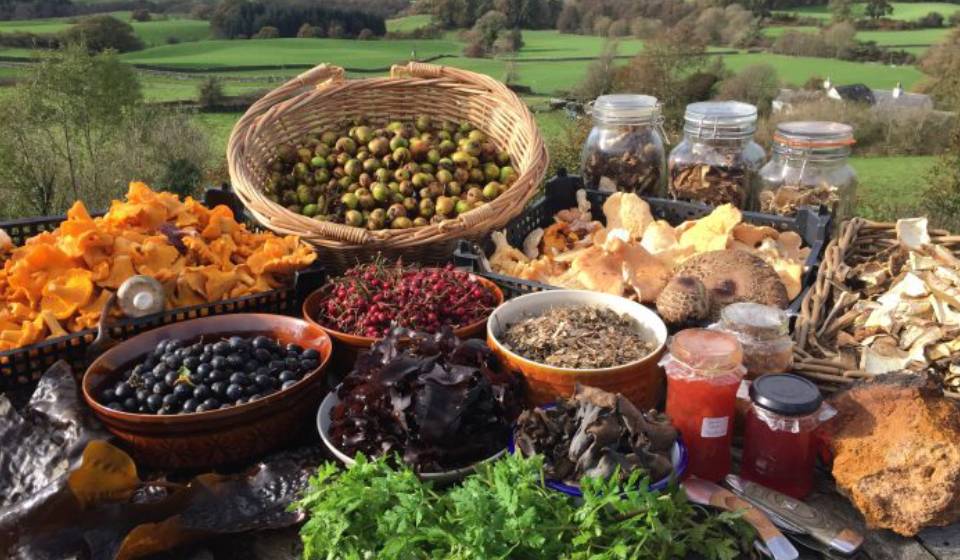
In the face of India's recent ban on the export of non-Basmati rice, the government has decided to take preemptive measures to address potential disruptions in the food supply chain. A Central Monitoring Committee meeting held under the chairmanship of Chief Secretary Baikuntha Aryal on Sunday decided to take a number of measures including stockpiling rice in the state-owned godowns to address potential scarcity of rice in the future. The move comes as a thoughtful response to safeguarding food security and ensuring the well-being of its citizens. However, it is high time that we also look beyond immediate measures and consider a broader shift in our food culture to promote domestic production of paddy and embrace locally available food items like millet, wheat, and maize. The government's proactive approach in filling godowns and exploring alternate food sources deserves applause, but it should be accompanied by initiatives to change the food consumption patterns and reduce our dependence on rice imports. Nepal's reliance on India for a significant portion of its rice supply raises legitimate concerns about food security in the country. The ban on rice exports from India highlights the vulnerability of such heavy dependence, especially during times of geopolitical uncertainties. By taking a decision to stockpile food grains and working in tandem with the private sector, the government has demonstrated its commitment to mitigating the potential risks associated with food scarcity. Joint monitoring by the Ministry of Agriculture and Livestock Development and the Ministry of Industry, Commerce, and Supply as decided by the Central Monitoring Committee meeting is expected to further ensure an efficient distribution system, maintaining adequate supplies in the market.
Agriculture plays a pivotal role in Nepal's economy, with rice being a staple crop. However, the current scenario presents an opportunity to diversify and promote traditional food items like millet, wheat, and maize. These crops, which are locally available in abundance, can be better suited to the country's ecological conditions while also being resilient to climate changes. Encouraging their cultivation can not only reduce the strain on rice production but also stimulate economic growth in rural areas, where many of these crops thrive. Furthermore, embracing local food items can positively impact public health. Millet, for example, is rich in nutrients and dietary fiber, making it a healthier alternative to rice. By incorporating a diverse range of grains and cereals into our diet, we can combat issues like malnutrition and diet-related diseases. The government should prioritize awareness campaigns and educational programs to enlighten citizens about the nutritional benefits of traditional food items, thus creating a demand for such products in the market. It is disheartening to witness rice imports dominating rural districts where locally available food items can be harnessed to meet dietary needs adequately. While the ban on rice exports from India can act as a wake-up call for the government and citizens alike, it should also serve as an impetus to revise our food habits. A concerted effort to reduce the consumption of imported rice and replace it with locally grown alternatives is essential for achieving long-term food security. To this end, the government must engage in collaborative efforts with local farmers, agricultural cooperatives, and research institutions to enhance the production of traditional crops. Providing financial incentives, improved irrigation systems, and access to modern agricultural practices can go a long way in encouraging farmers to diversify their crops and promote sustainable food production.
Moreover, investing in food processing and preservation facilities can help in extending the shelf life of perishable food items, reducing post-harvest losses, and ensuring a steady supply throughout the year. This can be especially crucial during lean periods when fresh produce may be scarce. Education and awareness campaigns also have a significant role to play in influencing consumer behavior. By highlighting the cultural and nutritional significance of traditional foods, the government can instill a sense of pride in citizens about their local cuisine, encouraging them to opt for healthier, sustainable, and locally sourced options. The government's swift response to India's rice export ban is praiseworthy and will undoubtedly help alleviate immediate concerns about food shortages. However, we must recognize this moment as an opportunity to reshape our food culture fundamentally. By prioritizing domestic production of paddy and embracing locally available food items, Nepal can not only achieve self-reliance in its food supply but also promote healthier eating habits and bolster its agricultural economy. The government should take this chance to chart a sustainable and prosperous path for the nation's food security, rooted in the rich heritage of its traditional crops.
You May Like This
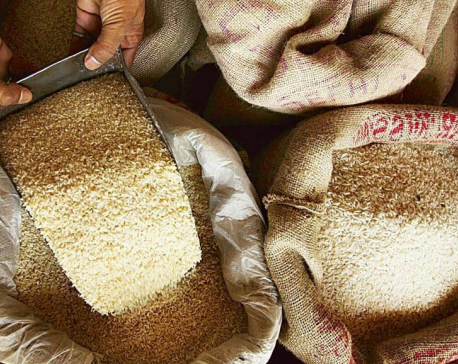
India exports over 1 mln tons of non-basmati rice to 7 countries
NEW DELHI, Oct 20 : The Indian government has permitted exports of over 1 million tons of non-basmati white rice... Read More...

NFC's 100 sacks of rice decay in Mugu
MUGU, August 29: Around 100 sacks of rice supplied by Nepal Food Corporation (NFC) to locals of Humal have been... Read More...

Bangladesh sends 10,000 tons of rice for quake victims
KATHMANDU, June 28:Bangladesh has begun dispatching second consignment of rice to Nepal as a humanitarian assistance for the victims of... Read More...


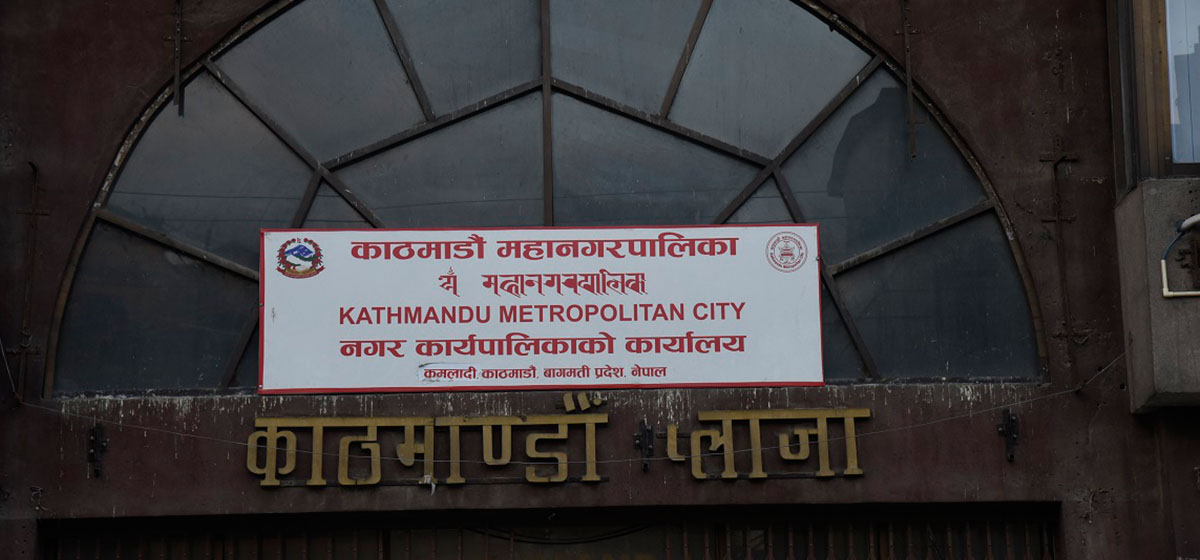
Just In
- Fourth T20 match: West Indies ‘A’ sets 210-run target for Nepal
- PM Dahal, UML Chair Oli meet
- Koshi Ruling coalition warns CM Karki of action for his alleged violation of provincial assembly’s special authority
- Govt to expand child nutrition grant program to all 77 districts
- Weather to remain partly cloudy in hilly region, clear in remaining areas
- Fourth T20 match: Nepal to field first after losing toss against West Indies A
- Cricketer Lamicchane warns to disclose names of those involved in conspiracy against him
- Gold price increases by Rs 2,000 per tola





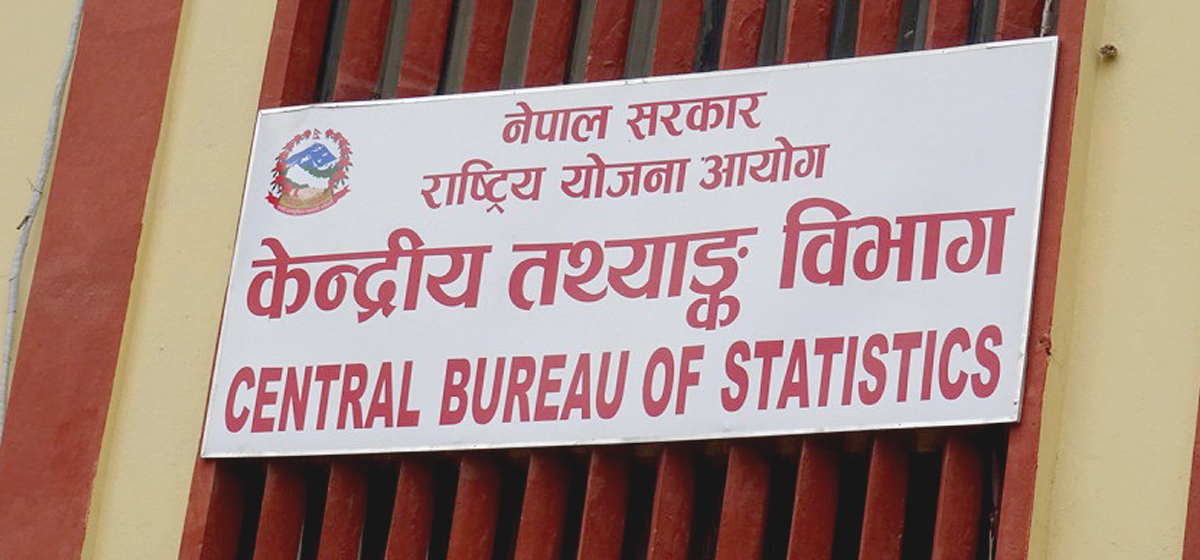
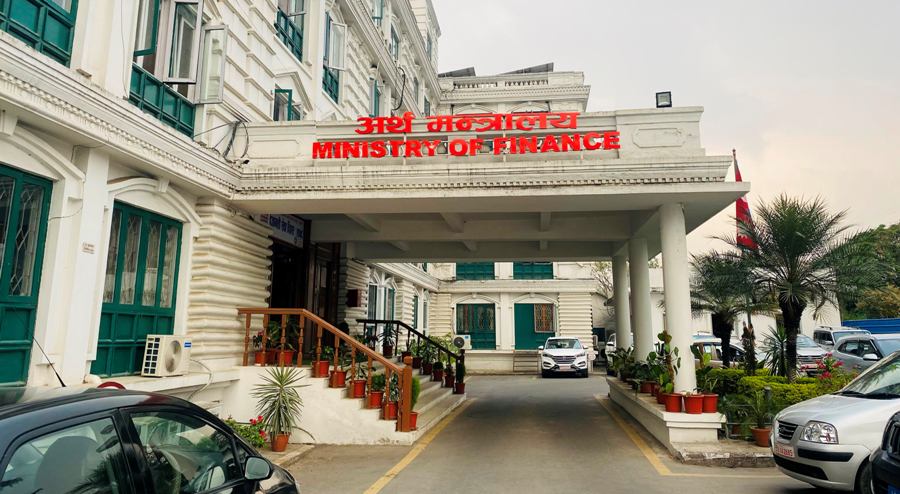



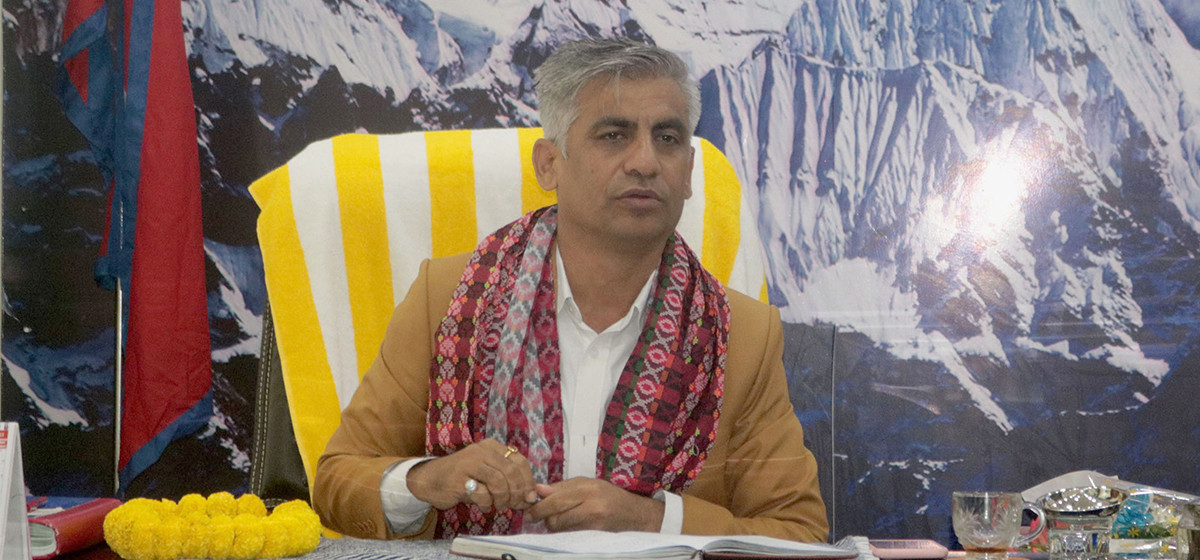
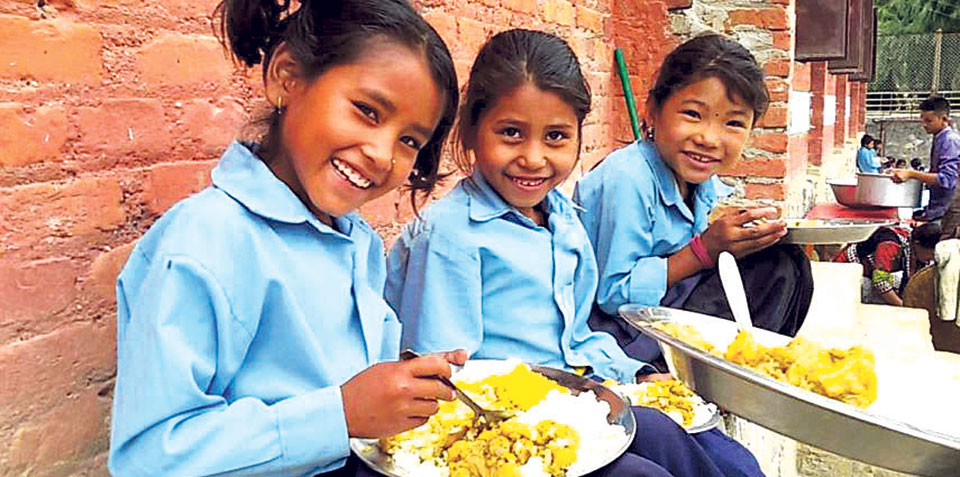




Leave A Comment